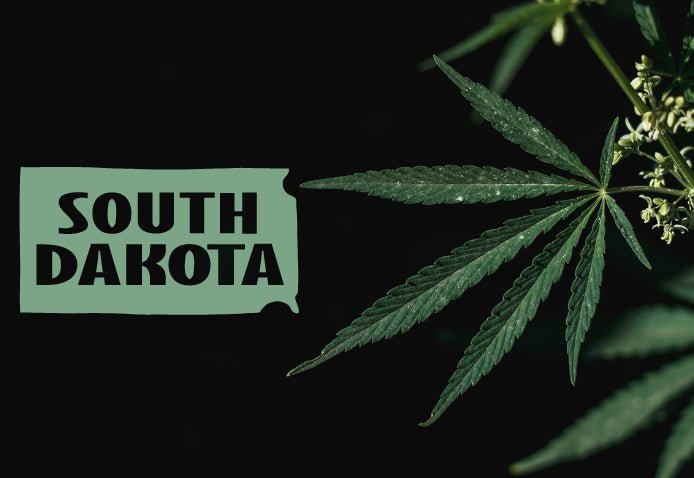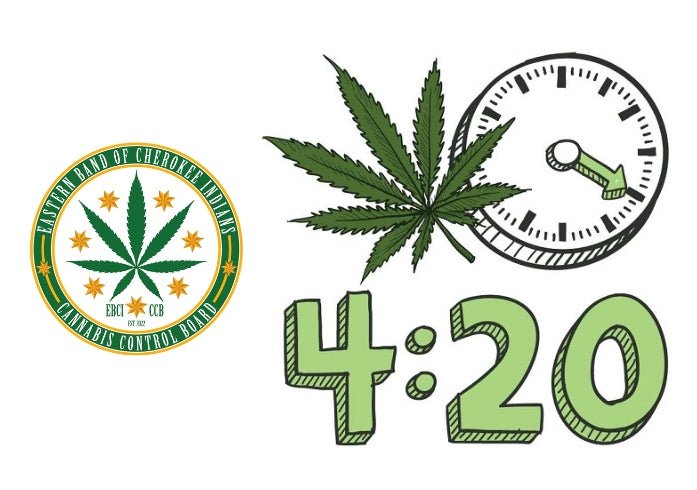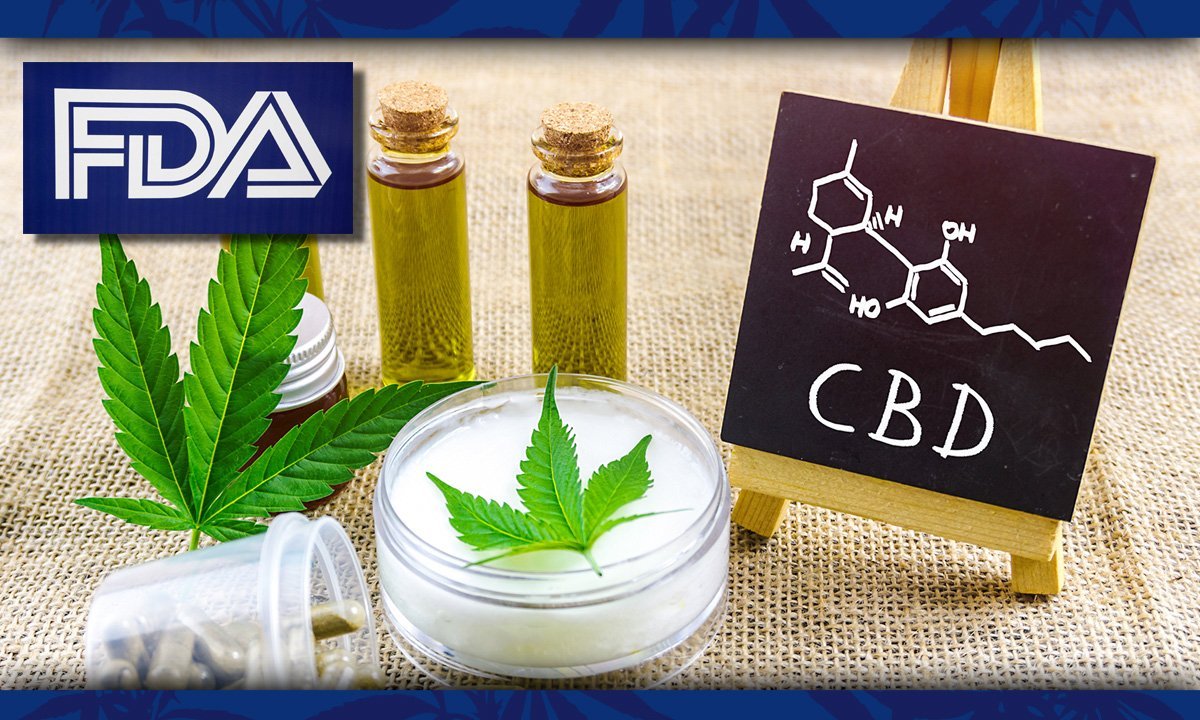Last week, the State Senate passed a highly restrictive measure that would effectively prohibit almost all hemp-based products, including CBD.

The relentless onslaught against the hemp industry has made its way to one of the nation’s top producers of hemp. According to multiple media sources, South Dakota lawmakers are close to passing a bill that would be one of the most severe crackdowns on items containing elevated concentrations of delta-8 THC and other intoxicating hemp derivatives (IHDs) in the country.
Hemp advocates and stakeholders in the state are most concerned that the proposed law could potentially wipe out the CBD market in one of the country’s biggest hemp-cultivating states. Early on in the legislative process, House Bill 1125, sponsored by Rep. Brian Mulder, R-Sioux Falls, initially targeted a vast array of hemp-derived products, including gummies, vape pens, pre-rolled joints, and smokable flowers that contain high concentrations of psychoactive ingredients, as well as those containing minuscule amounts of intoxicants like CBD.
However, during the debate process, Rep. Oren Lesmeister, D-Parade, informed his fellow representatives that under Mulder’s plan to ban products made with naturally occurring chemicals, small business owners and hemp growers would be negatively affected.
As a result, he proposed an amendment to limit the ban to items containing high-concentration, synthetically processed compounds made from hemp, leaving CBD and other extracts with trace amounts of IHDs safe from the prohibition. Under that change, products sold under names like Delta-8 or Delta-10 THC would still be legal to sell. The House passed Lesmeister’s amendment, then passed HB 1125 unanimously.
Yet, everything changed when the bill reached the Senate last week for its version of committee hearings and floor debates. During a discussion on the bill in the Senate Health and Human Services Committee, Sen. Brent Hoffman, R-Sioux Falls, successfully passed his own amendment, reinserting the original, stricter language of Mulder’s initial proposed measure.
In an attempt to counter that move, Sen. Ryan Maher, R-Isabel, tried to get the Lesmeister amendment added to the Senate version. To make his point for lessening the restrictive nature of the bill, Maher pointed out that the ban could have the adverse result of flooding the streets of South Dakota with products as retailers desperately try to clear their soon-to-be illegal inventory.
He also appealed to his fellow Senators to think about the devastating economic fallout for smoke shop owners and other small business entrepreneurs who have invested considerable capital in South Dakota to sell these products. Despite his compelling argument, Senators voted against his amendment, passing the original highly restrictive version of the bill.
Disappointed by the actions of his fellow Senators, Maher said, “We always want to tout that our state is open for business until we don’t like that business."
"We always want to tout that our state is open for business until we don’t like that business."
- South Dakota State Sen. Ryan Maher, R-Isabel
In response to his admonishment, Sen. Erin Tobin, R-Winner, echoing the feelings of several of the amendment’s opponents, said, “If you think you should be able to walk into a gas station and buy a psychoactive product in a state that doesn’t have recreational marijuana, I would say go ahead and vote for this amendment."
"If you think you should be able to walk into a gas station and buy a psychoactive product in a state that doesn’t have recreational marijuana, I would say go ahead and vote for this amendment."
- South Dakota State Sen. Erin Tobin, R-Winner
The bill now moves to a conference committee, where a joint task force of House members and Senators will attempt to reconcile the two versions before it goes up for a final vote in both chambers.
Unlike other states where highly restrictive bans on IHDs and other hemp-derived products have passed, South Dakota is one of the few states where the economic impact will be felt just as harshly by hemp growers as it is by hemp retailers.
According to an analysis by the South Dakota Industrial Hemp Association (SDIHA), the state was the second-biggest hemp grower in 2022, with harvested fields increasing by 35% to 2,540 acres, up from 1,674 in 2021. Along with adding acreage to the state’s production, the Department of Agriculture and Natural Resources reported that the number of hemp producers also doubled from 20 in 2021 to 40 in 2022.
The only hope for keeping hemp businesses and farmers from going under now lies with the members of the conference committee, who will discuss the two versions sometime next month. If opponents of the harsher and more punitive bill do not prevail against its proponents, South Dakota will, unfortunately, join an ever-growing list of states that have decided that despite it being good for business and for consumers, hemp is not a crop or market sector they want to keep around.








































